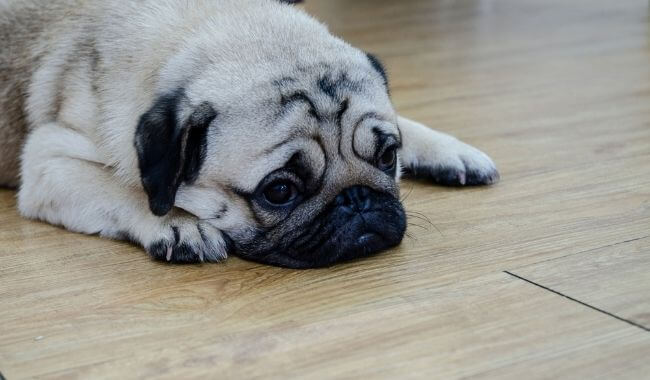According to Safe Work Australia, 22% of serious workers’ compensation claims in Australia in 2013–2014 involved slips, trips, and falls. The condition of a person’s sensory and neuromuscular systems, as well as environmental elements like the friction provided by the floor surface, are all factors that can contribute to slips and falls in people.
Regarding floor surface and the likelihood of slips and falls, our animals are similar to us. The surface, texture, and finish of a floor can affect an animal’s comfort and health, according to animal studies on the subject. Hard, potentially slick concrete floors have been linked to higher incidences of lameness and higher risks of injury in studies of dairy cattle and pigs. Animals can’t adjust to floor conditions to ensure their feet have enough friction with the ground to prevent slips, which results in these slip and fall incidents.
Dairy cows’ walking speed and stride length on slick floors were shown to be reduced to adapt to the flooring surface and lower the risk of slipping and falling in a study of wet and dry floor surfaces. When the floor was wet and slippery, there was a significant increase in the likelihood of slipping and falling.
Similar to this, it was shown in a study of pigs how the animals change their gait on slick floors to lessen the chance of slipping. When the ground is slippery, the number of three feet supporting phases in the gait increase, and the stride length and speed decrease. On non-slip surfaces, studies found that cows’ stride length increased. The study came to the conclusion that some aspects of a cow’s locomotion can be improved by making surfaces more rough.
These studies also showed that the amount of friction that humans and animals need with the ground varies depending on the activity. For example, when walking for the first time, turning a corner, or navigating obstacles, dairy cows required more flooring friction.
Dogs need to “get a grip”
The first thing we should consider is how a dog walks, and why it’s so hard for him to walk normally – and feel confident about doing so– on a hard, smooth surface. “Dogs use their toenails for traction,” says veterinarian Dr. Julie Buzby, the founder of Dr. Buzby’s ToeGrips. “They will engage their paws, flex their toes, and dig their nails into the earth like soccer cleats. But hard nails can’t get a grip on hard floors.”
Tips to reduce the risks:
Are Hardwood Floors Bad For Dogs Hips & Legs?

Honestly, hardwood surfaces don’t bring any damage to your dog. However, because they are slippery, they might cause issues for your dog or puppy.
From our experience, we discovered that your puppy’s traction is inhibited on smooth surfaces like hardwood and tile. It’s possible for older dogs to slip and fall on the hardwood floor.
In the worst scenarios, your dog might slip on the hardwood surface and suffer severe hip, joint, and leg injuries.
Therefore, a senior dog may find it more difficult to sit and stand up on slick floors like hardwood.
However, your dog will determine whether the hardwood floor is harmful to them or not.
For instance, hardwood won’t be a problem if your dog is fully grown, doesn’t frequently zoomies, and doesn’t have any obvious structural problems.
However, a puppy that is still growing needs to walk on a carpeted surface because the hardwood base is unfriendly to it.
Otherwise, most dogs find slippery or hardwood floors and figure out how to move around them safely.
FAQ
Is it bad for dogs to slide on hardwood floors?
Your dog might appear adorable as he stutters across your floor or glides like an ice skater. But these tumbles are seriously dangerous to his health. A young, healthy pup risks pulled muscles or torn ligaments….
What flooring is not slippery for dogs?
For better traction, consider choosing a textured laminate flooring. Rugs and runners can also be used to make laminate less slick. Most dogs can walk on tile, vinyl, hardwood, and carpet because they pose less of a slip risk.
What floor surface is best for dogs?
- Tile. The classic option of tile has frequently been chosen by pet owners.
- Luxury Vinyl. Vinyl flooring is a great option for dog owners because it is sturdy, affordable, and waterproof.
- Laminate. …
- Engineered Hardwood. …
- Bamboo. …
- Cork.
